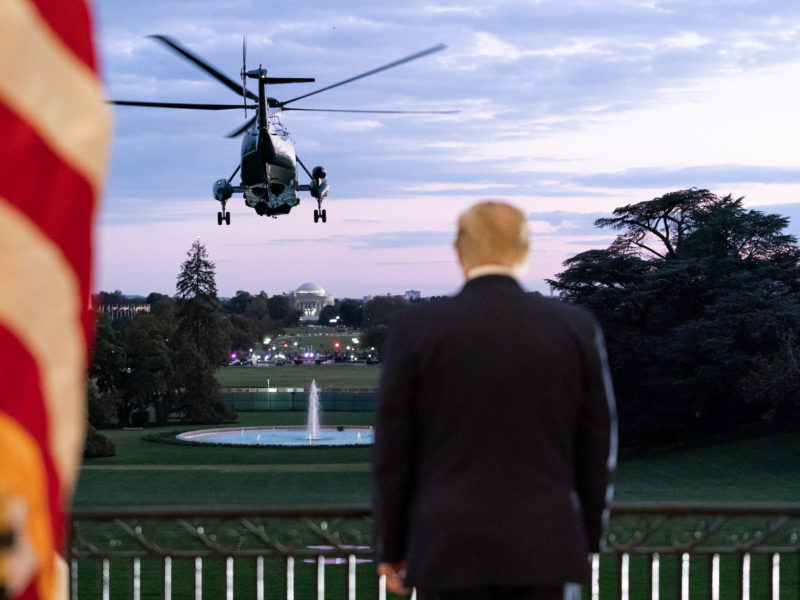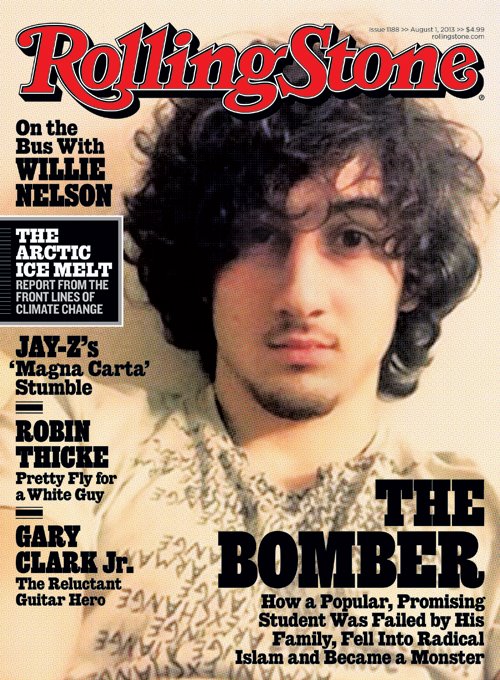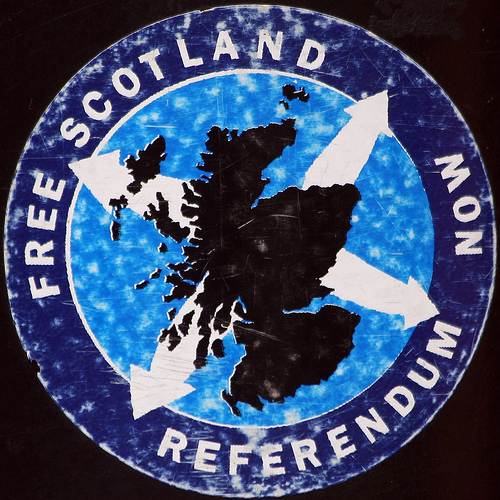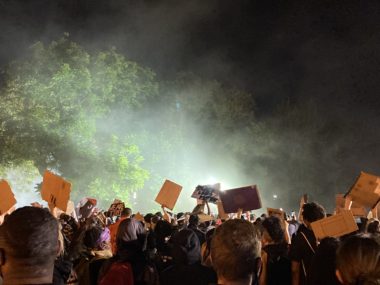Guest post by Philip A. Martin
As of this writing, President Donald Trump appears determined to deny that he lost the 2020 election. Many Republicans apparently share this view. Newt Gingrich recently said of Democrats: “We believe these people are thieves.”
Is this simply a knee-jerk reaction to an unexpected loss—a bad case of “sour grapes”—that will eventually blow over? Or does Trump’s obstinacy risk doing long-term damage to the perceived integrity of electoral democracy?
There are few historical precedents to help us. It is rare for incumbents in a multi-party democracy to lose and then refuse to accept it.
The contested 2010 election in the West African country of Côte d’Ivoire provides an instructive analogy, however.
In 2010, Côte d’Ivoire was bitterly divided along ethnic-cultural lines. Incumbent president Laurent Gbagbo, a populist who enjoyed lashing out against “global elites” and Muslim foreigners, lost in the second-round poll to opposition candidate Alassane Ouattara by nearly 400,000 votes. Instead of conceding defeat, Gbagbo and his allies raised dubious claims of “irregularities” in pro-Ouattara areas, despite the fact that international observers recognized Ouattara as the legitimate winner. Under pressure from the President, the Ivorian Constitutional Council refused to certify the election results. Days later, in a bizarre moment, both Gbagbo and Ouattara swore the oath of office in separate locations.
Gbagbo’s gambit ended badly. The crisis triggered a civil conflict that claimed over 3,000 lives. In April 2011, Gbagbo was arrested and removed from the presidential palace under military escort.
Since his ouster, Gbagbo has waged legal battles against allegations of war crimes at the International Criminal Court, and pro-Gbagbo politicians and media outlets have held to the story that the former president is the victim of international conspiracies. Gbagbo has never admitted he lost the election.
One of the unsettling legacies of this fiasco—in addition to the tragic loss of life—was the erosion of positive perceptions of the electoral process among Gbagbo’s base voters. Data from the Afrobarometer, a polling group that has fielded three waves of nation-wide political opinion surveys in Côte d’Ivoire since 2010, provides a snapshot of this damage.
Since the contested 2010 election, the overall share of Ivorians who rated national elections in their country as “not free and fair” has actually declined slightly: from 19.7 percent in 2011, to 17.4 percent in 2015, and 15.3 percent in 2018. This is consistent with assessments from external democracy watchdogs like Freedom House.
However, co-ethnics of Gbagbo—who is a member of the Krou ethnic-linguistic group—are more likely to feel that national elections are not free and fair, and have become less trusting over time. In 2011, 27 percent of Krou respondents felt that elections were not free and fair. In 2015, with Ouattara recently re-elected in a largely uncontested poll, this number climbed to 31.6 percent. By 2018, 34.4 percent of Krou respondents lacked confidence in elections.
In short, after a competitive election where the losing incumbent refused to concede, supporters of the deposed president doubled down on cynicism about the democratic process. Genuine concerns about electoral integrity under the Ouattara government likely reinforced this trend.
Certainly, the United States is a very different country. Yet the parallels with Côte d’Ivoire’s post-election crisis are troubling. Like Gbagbo’s supporters, Trump voters were conditioned by pre-electoral rhetoric that told them to view the opposition as an alien “other” that cannot be trusted, and that under no circumstances could their candidate lose. Electoral defeat is explained away as the result of a crooked “system,” cheating opponents, and a corrupt media. A legitimate loss is not possible, therefore the system itself must be illegitimate.
What does Trump’s refusal to concede—and the silence of many Republicans—mean for the United States right now?
First, a determined effort by Republican leaders to tarnish the 2020 election could do lasting damage to popular perceptions of the integrity of democracy. Nursing a grudge against a “stolen” election,” a good chunk of the electorate may develop an entrenched antipathy towards the voting process. Diminished trust in democracy can lead to increased voter apathy, and increase the appeal of populist leaders. In the worst case, voter alienation and a sense of political disenfranchisement could fuel political radicalization and give oxygen to extremist parties and movements that call for violence against fellow citizens.
American political elites should act quickly to cauterize this corrosion of trust in democracy. Republican officials can pursue legal challenges if and when there is merit, but they should refrain from using incendiary language like “fraud,” “cheating,” and “stealing.” When electorates are highly polarized along cultural cleavages, rhetoric like this creates an impression on the losing side that they are victims of an imperious and culturally alien “other,” and that the electoral process offers no solution.
Democrats too must tread carefully. Millions of Americans have been primed to believe allegations of “cheating” on the thinnest of pretexts. Democrats should welcome legal challenges with maximum transparency. Allow every stone to be turned. Even this will not satisfy the most conspiratorial Trump supporters, but it may help to avert a more widespread erosion of trust in the electoral process.
Philip Martin is an Assistant Professor of International Security at the Schar School of Policy and Government at George Mason University.







